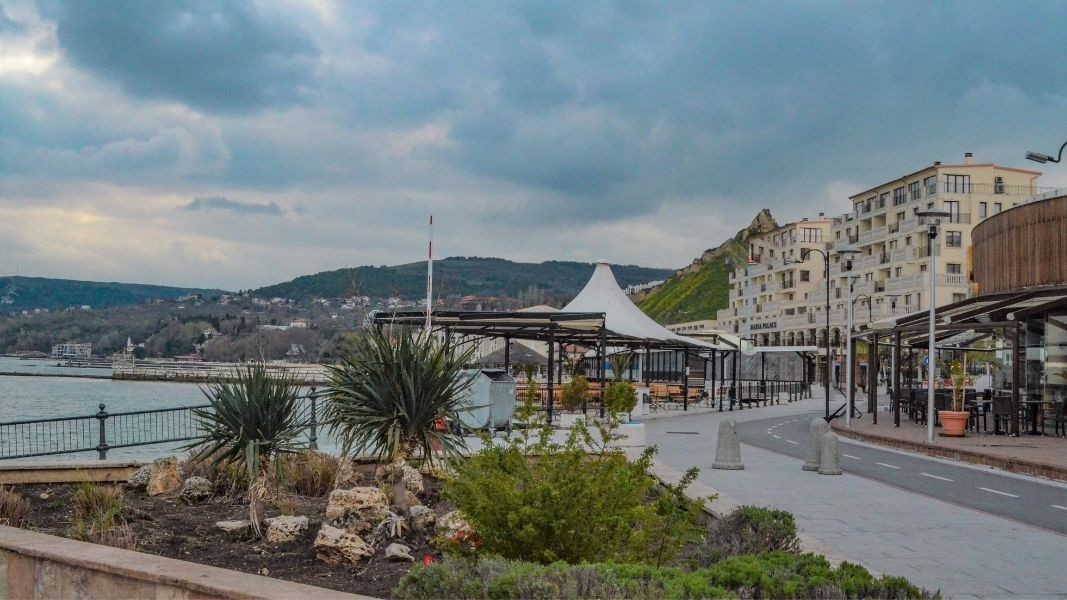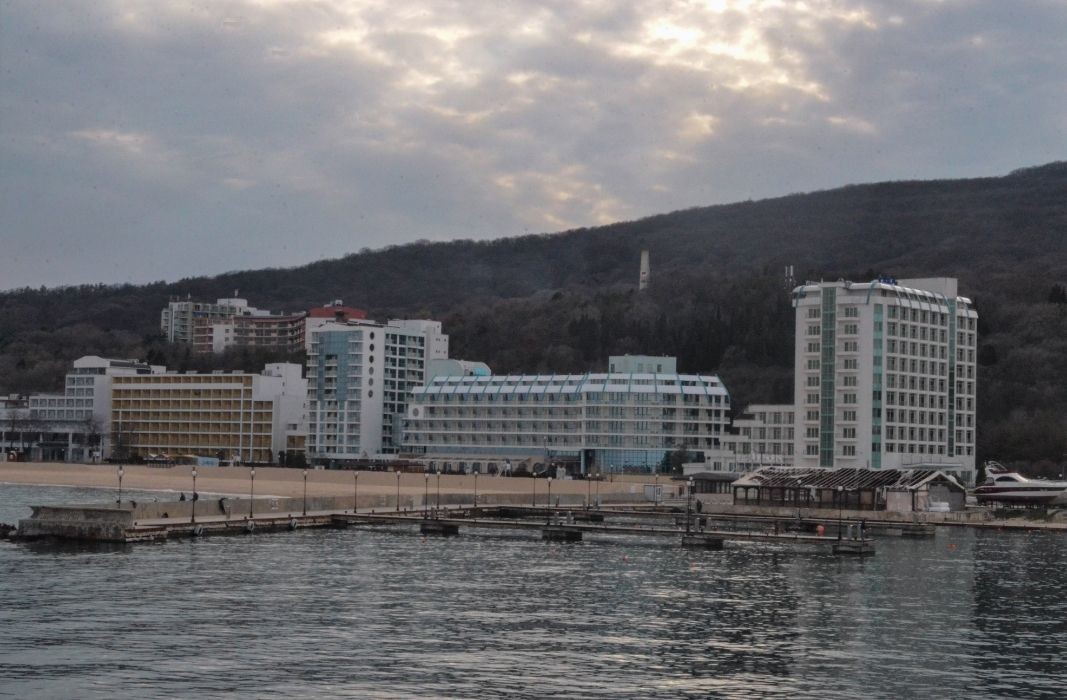What tourists are looking for right now is safety and predictability. Prices, additional attractions, quality of services and other factors that used to shape tourist behavior before the Covid crisis are no longer valid, says Ivan Groshev, whose company is a leading tour operator on the British market. There is an 80%-90% percent drop in reservations by tourists from Great Britain, but the situation is no different on other markets, people working in the tourism industry say. At the beginning of June Bulgaria’s seaside resorts are uncharacteristically hushed, and the people from the tourism industry are asking themselves how they can possibly save the season.
For a long time Bulgaria was passive, failing to send out the right messages to other countries – that it is a safe destination, that it is taking steps against the infection, that it guarantees the safety of its guests, Groshev and his colleagues explain. On top of all that, the measures affecting the tourism industry directly have been made public at the last minute.
“For example, the entry rules for foreign citizens from 1 May this year were published on 30 April. In practice, this ruined any chances for the Easter holidays on the Romanian market – after all people in Romania aren’t going to wait around until midnight on 30 April to decide whether to travel to Bulgaria or not,” Ivan Groshev says and adds:

“As to the Covid hotels – that is a massive liability, as tour operators have been saying. Tourists are left to fend for themselves if they get a positive PCR test result while on holiday. In Cyprus and Greece the state covers the costs of their stay at designated Covid hotels or accommodation for people under quarantine. But in this country we say: Everyone fend for themselves as they see fit! Now is the time for the authorities to designate the Covid hotels and accommodation for people under quarantine, and to guarantee that the cost of their stay there will be covered. Many people argue: Yes, but what about the insurance policies? But insurance policies cover the cost of treatment, not accommodation. And when you have to spend an additional 14 days that is a major additional expense!”
The state should draft a concept for the safety of tourists as soon as possible and present it to the country’s leading foreign markets. It is the only way we can expect to compensate, to any degree, for the expected dramatic drop in the number of foreign holidaymakers this summer, the industry says.

What else can be done to save the season?
“The vaccine rollout has to be speeded up because that is one of the criteria according to which the countries decide which list a given destination will be put on – whether “green”, “amber” or “red” – and what warnings the authorities should issue to the public,“ Ivan Grozhev says. “Unfortunately, in Bulgaria we have given a lot of leeway to anti-vaxxers to give vent to their ideas. But if we have a high percentage of vaccinated people clients will feel safe and motivated to come and spend their holidays in this country.”
Photos: Veneta Nikolova
In the heart of Northern Bulgaria lies the Devetashko Plateau (also Devetaki Plateau). Here, nature seems to have slowed down to reveal its raw beauty- deep canyons and chasms, waterfalls tumbling over limestone cliffs, and breathtaking..
Cape Shabla marks the easternmost point of Bulgaria – a quiet, windswept stretch of land jutting into the Black Sea. Here stands the oldest, and possibly the most beautiful, lighthouse on Bulgaria's coast. Painted in red and white stripes, it rises..
A month before officially opening its 23rd ski season, Bansko has been ranked among the 25 best winter destinations in the world. The 16-week online competition featured 211 resorts from five continents. More than 4.3 million people..

+359 2 9336 661
